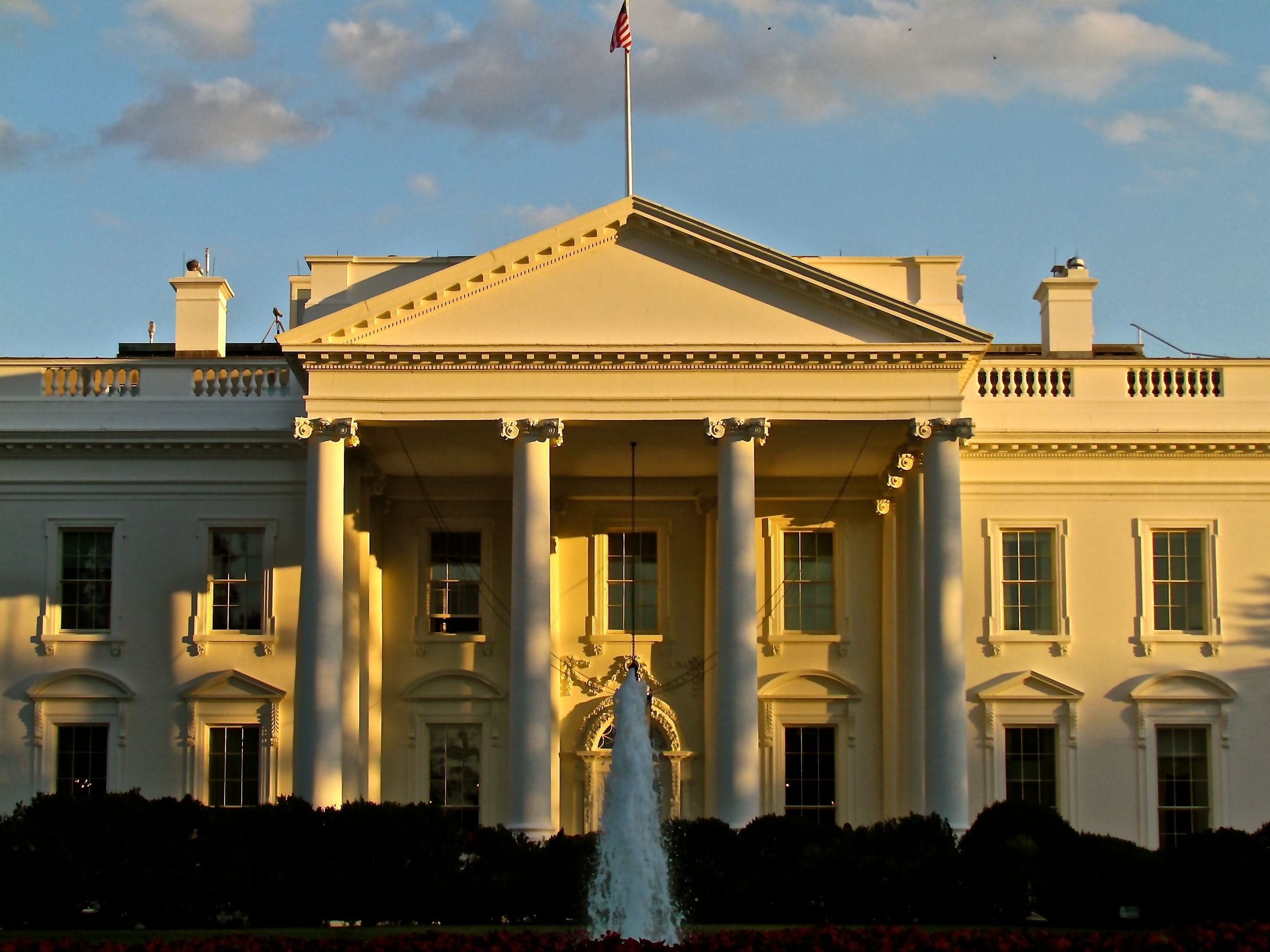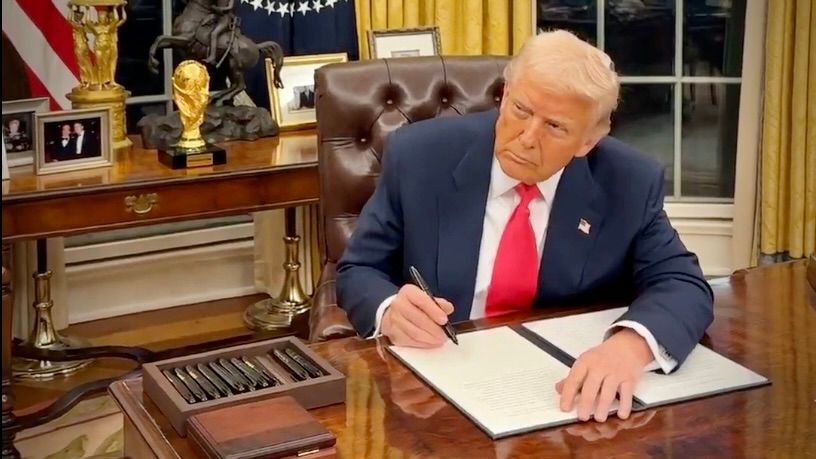The Release of Ross Ulbricht and the Lifting of Sanctions on Tornado Cash: A New Era for the Crypto Community
The release of Ross Ulbricht and the lifting of sanctions on Tornado Cash mark pivotal moments for the crypto community. It’s more than symbolic. It’s an opportunity to clearly rebrand the U.S. as a safe place to build the internet of money.
Ross’ Freedom and the Impact on the Crypto Industry
Ross’ freedom comes after over a decade of imprisonment — a journey defined by relentless advocacy, legal battles, and unwavering support from the crypto community. His release matters deeply to me because over a decade ago I launched Silk Road 2.0, his site’s successor.
His double life sentence without parole wasn’t just about the Silk Road, though. It symbolized the U.S. government’s resistance to the blockchain industry and to the idea of a financial system controlled by individuals instead of big banks.
The Significance of Tornado Cash
The U.S. dollar is the world reserve currency; and, cryptocurrency has given the world democratized access to this reserve via stablecoins. Satoshi Nakamoto announced Bitcoin as a “peer-to-peer electronic cash system,” and the Silk Road was the first to actually execute that vision. Silk Road opened the door to cryptocurrency and introduced Silicon Valley (and many other groups) to bitcoin. It spawned companies like Coinbase, projects like Ethereum, and paved the way for stablecoins, which are not yet private.
Still, there is no legitimate marketplace for buying and selling things with bitcoin. Our industry’s reputation is that we’re highly speculative and scam-filled. We can’t forget that Satoshi created bitcoin for payments, not speculation.
The Need for Proportionate Justice and Regulatory Framework
The U.S. cannot miss out on the internet-of-money. During previous administrations, global developers have become nervous to even attend conferences hosted here. This has consequences for the U.S. crypto industry. Ross’ release is a clear signal that the U.S. is no longer a scary place to innovate in cryptocurrency. His experience underscores the need for proportionate justice and serves as a reminder of the human cost of overreach in regulating innovation.
The Role of Privacy Technologies
Privacy technologies like Tornado Cash, Monero, and Zcash are unfairly stigmatized due to their potential use for illicit activities. But they hold transformative potential for legitimate use cases, from safeguarding personal financial data to enabling secure business transactions.
Zcash, with its optional shielded transactions, provides individuals and businesses with the ability to conduct secure, private transactions while remaining compliant with anti-money laundering (AML) and know-your-customer (KYC) regulations. Such innovations bridge the gap between cryptocurrency and traditional industries, empowering businesses to adopt crypto without exposing sensitive financial details.
The Need for Regulatory Framework and Education
The U.S. crypto landscape, currently a mess of regulatory uncertainty, scams, and collapses, needs reevaluation. Rather than demonizing privacy innovations, policymakers must work with developers to create clear, enforceable standards for responsible uses of “electronic cash.” This means proactive education and collaboration with regulators, more investment in privacy technologies, and development of a regulatory framework that encourages U.S. blockchain innovation.
Conclusion
The release of Ross Ulbricht and the lifting of sanctions on Tornado Cash mark a turning point for the crypto community. It’s a chance to refocus on the principles that drove early adoption: a perception of privacy, financial freedom, and, most importantly, peer-to-peer payments. The U.S. must seize this opportunity to create a regulatory framework that supports innovation and protects consumers.
Q: What is the significance of Ross Ulbricht’s release?
A: Ross Ulbricht’s release marks a turning point for the crypto community, symbolizing the U.S. government’s shift towards a more supportive stance towards blockchain innovation.
Q: What is the impact of Tornado Cash’s lifting of sanctions?
A: The lifting of sanctions on Tornado Cash sends a clear signal that the U.S. is no longer a scary place to innovate in cryptocurrency, and it’s an opportunity for the industry to refocus on legitimate use cases.
Q: What is the role of privacy technologies in the crypto industry?
A: Privacy technologies like Tornado Cash, Monero, and Zcash hold transformative potential for legitimate use cases, from safeguarding personal financial data to enabling secure business transactions.
Q: What is the need for regulatory framework and education in the crypto industry?
A: The U.S. crypto landscape needs a regulatory framework that supports innovation and protects consumers. Policymakers must work with developers to create clear, enforceable standards for responsible uses of “electronic cash.”









